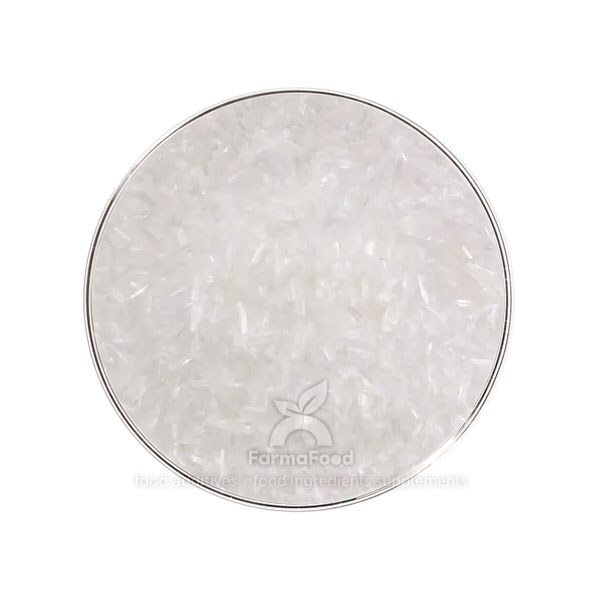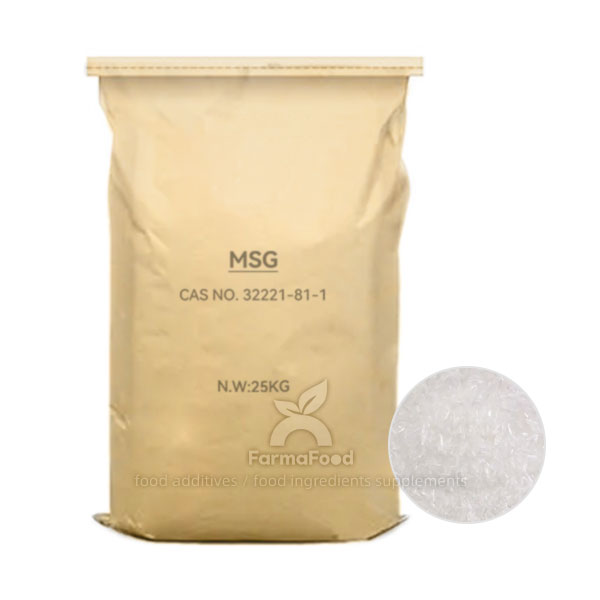Introduce
Monosodium glutamate (MSG) is a commonly used food additive which is the sodium salt form of sodium glutamate. In the food sector, MSG is widely used to enhance the freshness and taste of food products.
The following are the major applications of MSG in the food sector:
Food flavouring agent: MSG is widely used as a flavouring agent for food. It enhances the fresh flavour of food and makes the food more tasty and delicious. MSG is often added to various dishes, canned foods, frozen foods, instant noodles, seasonings and sauces to enhance their flavour.
Food Flavour Enhancer: MSG adds flavour and texture to food. It enhances the fresh, savoury and sour flavours of food, making it more palatable and attractive. MSG is often used in foods such as meat products, soups, sauces, hot pot base and seasoning powders to add flavour and texture.
Food Freshener: MSG has the property of enhancing the freshness of food. It increases the amount of glutamic acid in food, making it more flavourful. MSG is often added to meat products, seafood products, vegetable products and seasonings to increase their freshness.
It is important to note that the use of MSG in food should comply with relevant regulations and standards and follow appropriate dosage and use recommendations. MSG is widely recognised as a safe food additive, but for certain groups of people, such as those who are allergic to MSG or have special health conditions, the intake of MSG should be moderately controlled.



